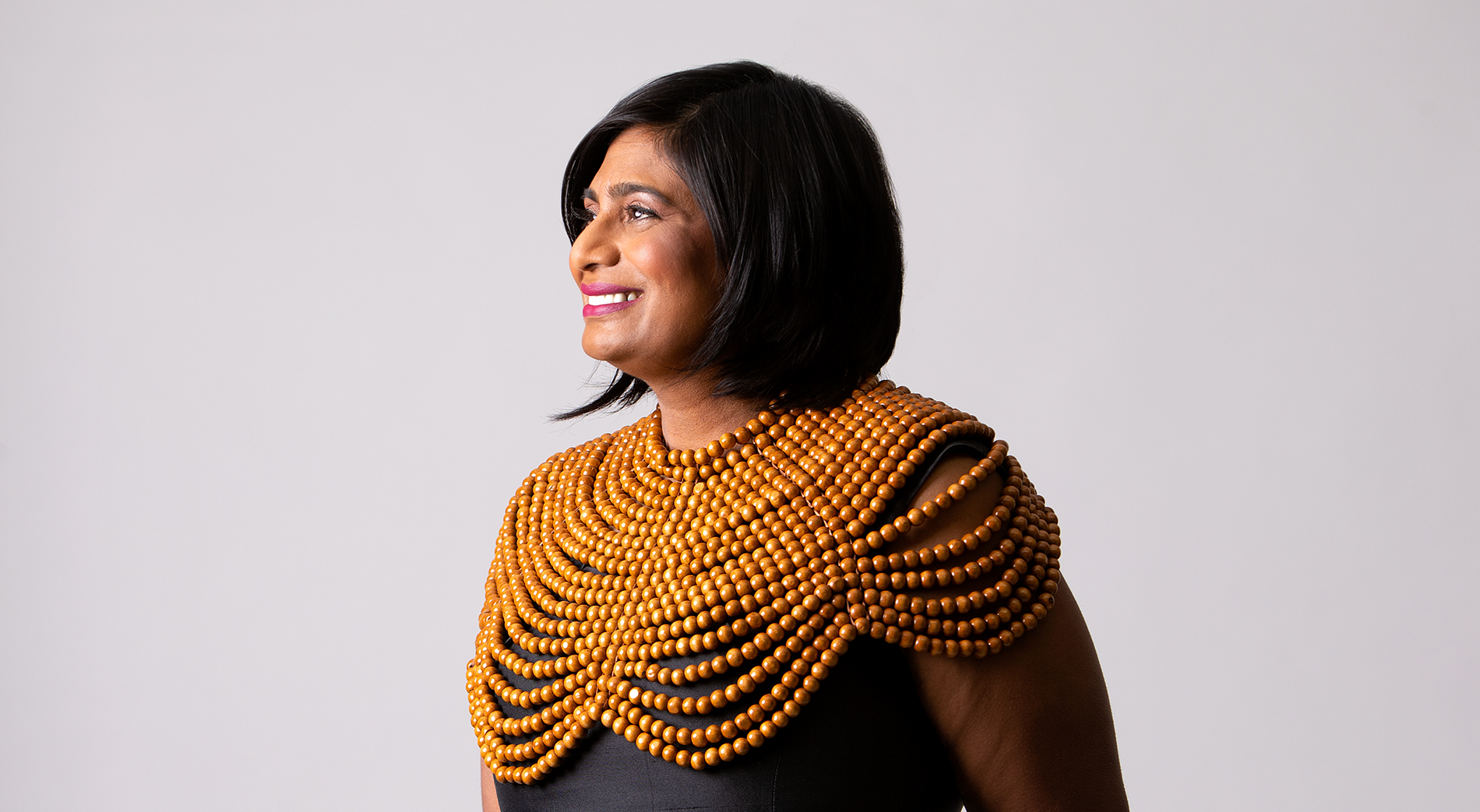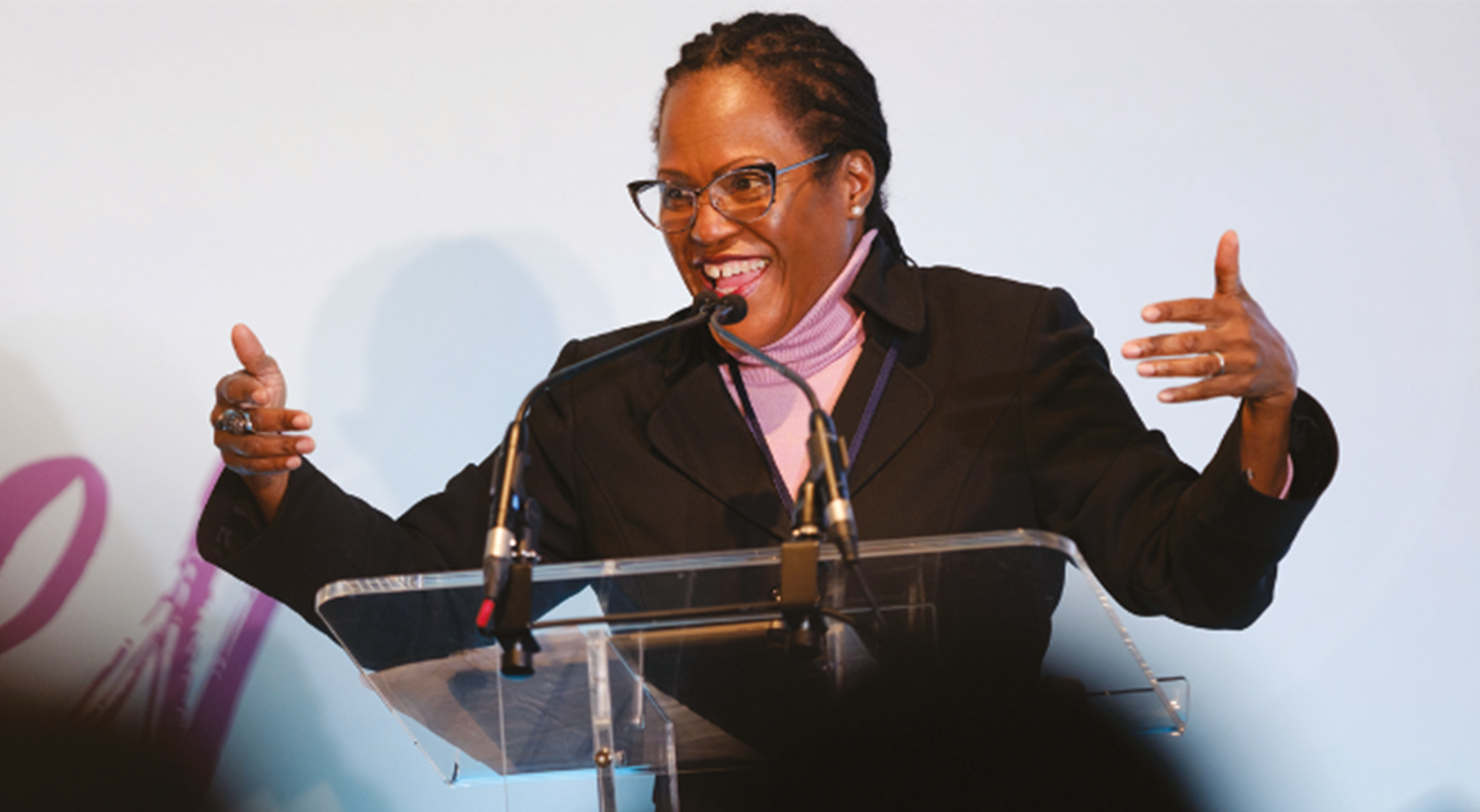The legend of men being better negotiators than women ignores a crucial fact.
Did you hear the one about men being better negotiators? You probably have, because the notion is so pervasive that it has become received wisdom: if you want to squeeze the best from a deal, send in a man. Yet, like so many generalized beliefs, scratch under the surface and you find the flaw. I was struck by the closing keynote speech at this year’s Lead with Her conference in London. Professor Ashleigh Shelby Rosette electrified the room with the real story: men might squeeze deals harder, but women tend to get more deals.
“One of the central functions of any leader is to negotiate,” said Rosette, the James Vincent Professor of Leadership at Duke University’s Fuqua School of Business, to delegates at Lead with Her. “And if you’re going to hold a leadership role, you must be perceived as able to negotiate. Existing research suggests that men may be better negotiators relative to women.”
The behaviors that often predict success when negotiating business deals are those associated with men: aggression, competitiveness and self-focus. They are the opposite of female stereotypes: being relationship-oriented, being warm and being caring, Rosette said. “Research has demonstrated that masculine traits help negotiators get better deals and claim more value,” she said. “But the problem with much of this research is that it leaves out an exceptionally important consideration: the value of not getting a deal.”
When Rosette and her co-authors – Anyi Ma at Wisconsin School of Business and Rebecca Ponce de Leon at Columbia Business School – examined all deal-making scenarios, they unearthed a crucial, little-known truth. Men tended to extract more price value – more margin – in a deal that was made. But here is the rub: “Women were less likely to walk away empty-handed; women struck a deal more often than their male counterparts,” explained Rosette.
The very high cost to organizations in deals falling through was rarely quantified by the body of evidence, much of which focuses only on outcomes where deals were agreed, ignoring those that failed. “Much of the research that says men are better negotiators than women rests on the assumption of actually getting a deal,” Rosette told Lead with Her. “But there can be a cost to not getting a deal – sometimes a very high cost. Most research omits the impasses.”
The consequences of the more masculine make-or-break approach to deal-making can be huge. In organizational scenarios where the value of making an agreement is high and the cost of failing is also high, stereotypically feminine approaches are more likely to succeed. “We found that when the stakes are high – and the alternative is weak – women are the better negotiators,” said Rosette.
Organizations face polycrisis: geopolitical conflict, socioeconomic division and environmental threat. Solving these problems requires businesses and governments worldwide to broker high-stakes deals. Who do you want in the negotiating room?
A 2015 analysis of 40 peace processes since the end of the Cold War revealed a strong correlation, Rosette revealed. “When women exerted substantial influence on peace negotiations, the likelihood of reaching an agreement significantly increased. In cases where women wielded considerable influence, an agreement was nearly always achieved. When they couldn’t afford to lose, they put women at the table – and they got it done.”




